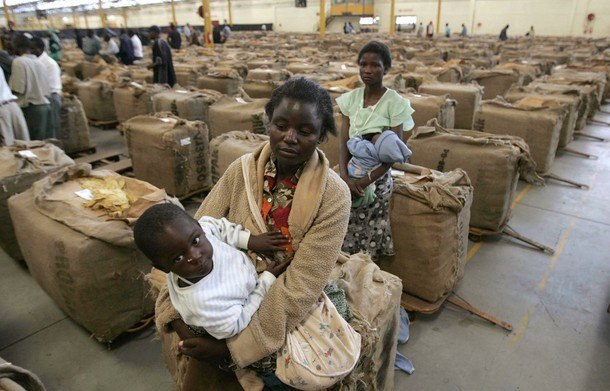
POOR policy framework is one of the major causes of the current economic woes affecting the country, Zimbabwe National Chamber of Commerce (ZNCC) president, Hlanganiso Matangaidze has said.
BY MOSES CHIBAYA
Giving oral evidence on the country’s economic performance before a parliamentary committee on Industry and Commerce last week, Matangaidze said the country’s economic problems could be addressed if progressive policies were put in place.
For example, he said, because of poor policies, diamonds mined in Zimbabwe — a country with over 85% unemployment rate — were creating jobs in other parts of the world.
“The issue really is about policy. Our diamonds created 60 000 new jobs in India. In terms of policy for cutting and polishing [diamond] we are saying for one to have a cutting and polishing [diamond] factory, you need a licence of US$100 000,” said Matangaidze.
“In India people are polishing diamonds from the back of their homes. Can we possibly do that here with a licensing fee of US$100 000? How many school leavers can afford to pay that money? Can you imagine what would happen to a city like Mutare if you got 60 000 jobs?” The government increased the beneficiation licensing fees from US$20 000 in 2011 to US$100 000.
After a public outcry, the government was forced to make a U-turn and reduced it to US$50 000 in May 2013, but analysts said that figure was still high and discouraged people from investing in that sector. Matangaidze said Zimbabwe needed a paradigm shift if it were to bring the economy back on its feet. “Really, it’s all about policy and I think we have to relook at our policies,” Matangaidze said.
ZNCC head of macro-economics committee chairperson, Brains Muchemwa said the country still suffered from lack of investor confidence. “Confidence is one of the major issues that are affecting investment and re-investment in this economy,” said Muchemwa.
- Chamisa under fire over US$120K donation
- Mavhunga puts DeMbare into Chibuku quarterfinals
- Pension funds bet on Cabora Bassa oilfields
- Councils defy govt fire tender directive
Keep Reading
“What every economy requires is continuous investment or to some extent what you call continuous physical capital formation whereby existing companies continue to refurbish and increase their capacities.”
Muchemwa said there was need to build confidence among investors. He encouraged government to focus on companies that are “still viable”, rather than distressed industries.
The government in 2011 launched the Distressed and Marginalised Areas Fund (Dimaf) and to date 31 companies have managed to access part of the US$40 million under the programme.
“What is important now is for government to focus on the companies that are still viable that are still on their feet,” he said. Muchemwa said a lot of companies were distressed because of mismanagement.
“To some extent they are distressed because they accessed a lot of debt in the market and they failed to repay it. As such, creating a fund that would be targeting distressed industries would not do anything other than allow these same companies to just refinance their debts and remain where they are,” Muchemwa told the committee, which is chaired by Marondera central legislator, Ray Kaukonde.
Zimbabwe, still on an economic recovery path after a decade long crisis, has an external debt overhang of US$12,6 billion, which accounts for 116% of the Gross Domestic Product (GDP).











